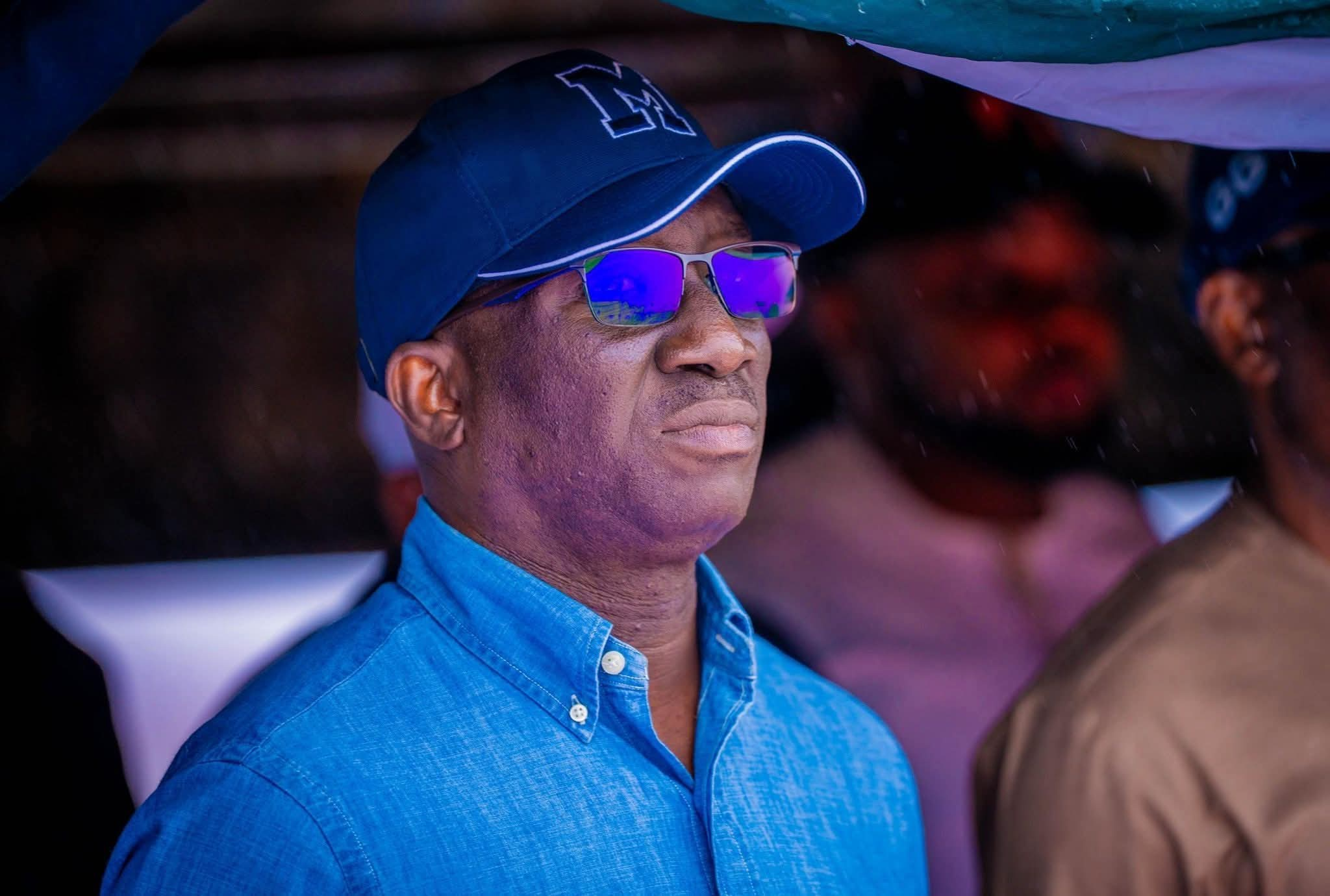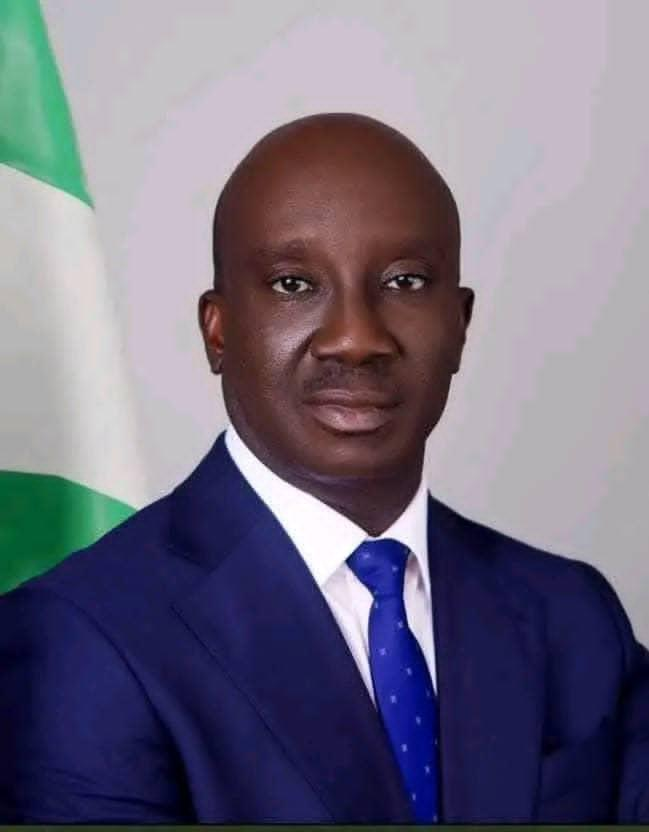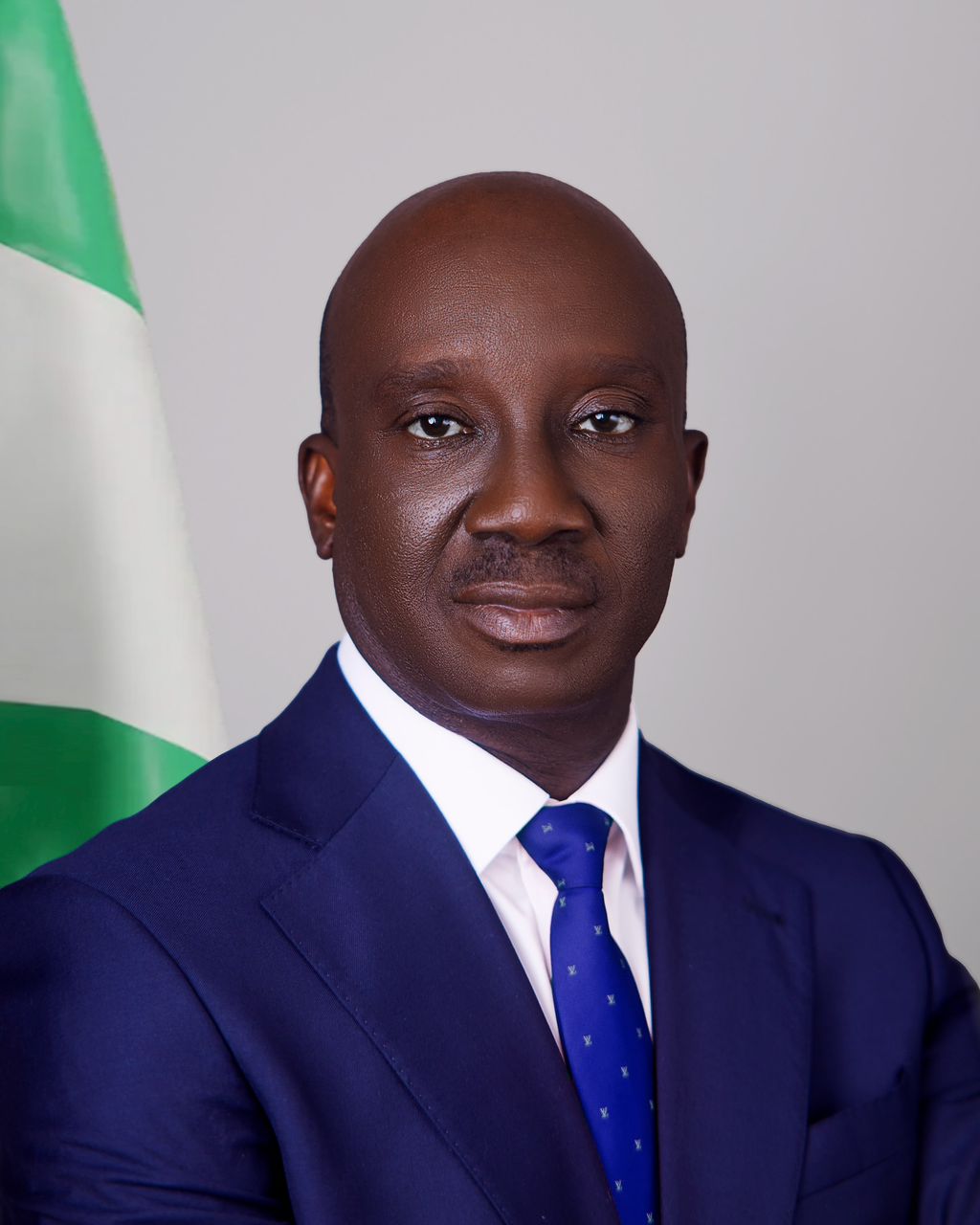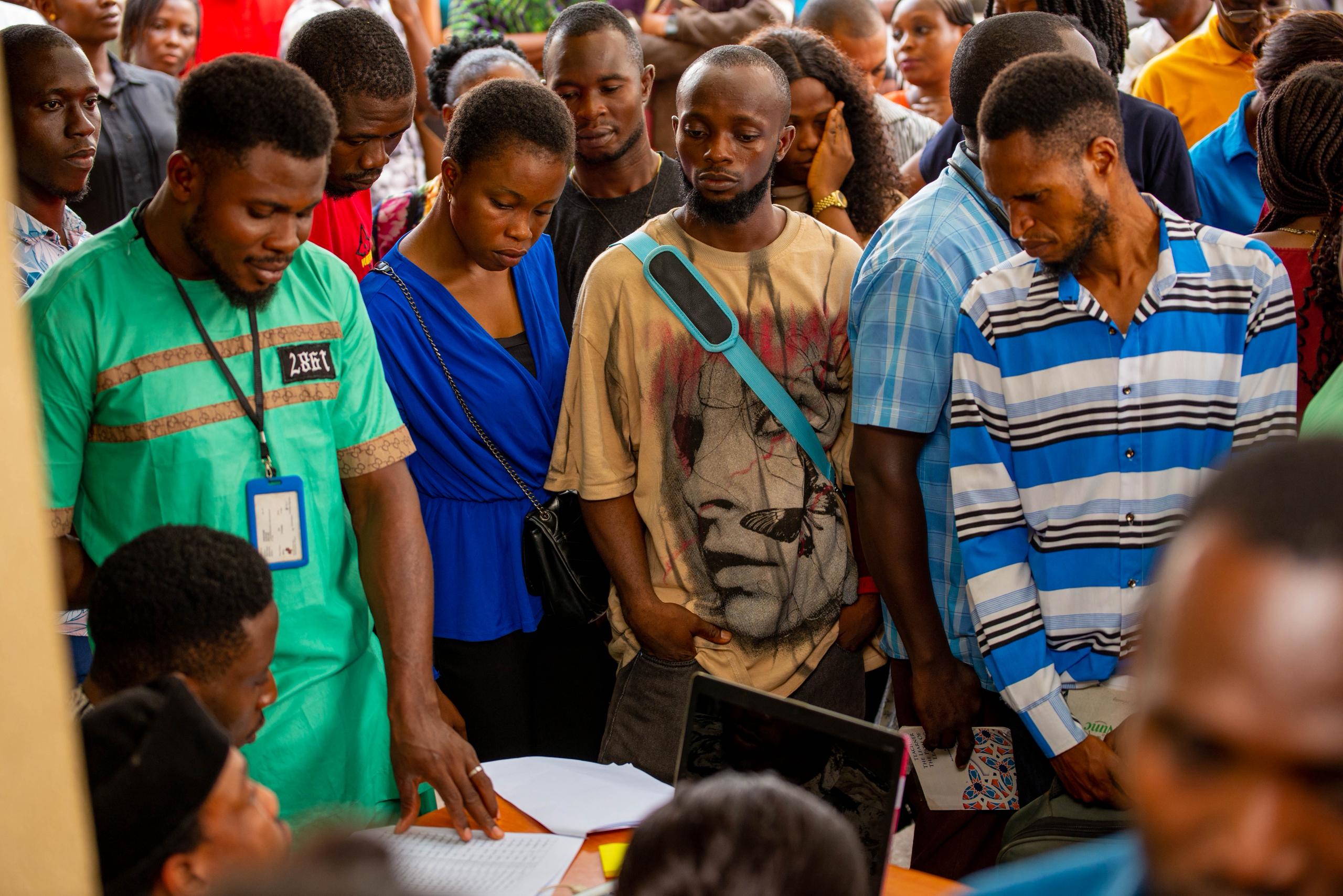In the often turbulent landscape of Nigerian politics, leadership demands more than just presence—it demands wisdom, balance, and a commitment to the greater good. Governor Monday Okpebholo of Edo State exemplifies this, especially in a time when his words have been pulled into the whirlwind of public commentary and political spin.
Much like the reflective stance taken by the late Chukwuemeka Odumegwu Ojukwu in Because I Am Involved, Okpebholo’s recent remarks were not made in haste, nor were they shaped by political hostility. They were, instead, rooted in the enduring principles of order, protocol, and the safety of all.
At a public event marked by the presence of high-ranking officials and political figures, Governor Okpebholo spoke with clarity. His statement, now widely discussed, was a simple reiteration of long-standing governmental norms: that protocol must be observed, roles respected, and coordination ensured, especially in matters of public engagement involving prominent national figures.
Those trying to cast his words as exclusionary miss the point entirely. Governor Okpebholo’s message was not about gatekeeping politics—it was about preserving the dignity of public office and safeguarding the people of Edo. At no point did he imply that Mr. Peter Obi or any Nigerian leader was unwelcome in the state. Rather, his message emphasized that the process of such visits must align with existing security structures.
Edo State, under Governor Okpebholo’s leadership, remains an open and inclusive space. It is a place where faith, party, or ethnic origin do not determine belonging. His administration stands on the promise of bridges, not walls—and the evidence is in the work already reshaping the state.
In education, new schools are rising, qualified teachers are being recruited, and teaching methods are being modernized. In agriculture, over 3,000 kilometers of farmland are being reclaimed to boost food production and revive rural economies. Roads are being built to connect isolated communities, and security initiatives—including laws targeting cultism and kidnapping—are being rigorously enforced.
These efforts reveal a governor fully immersed in service, not distracted by noise. He is involved, and deeply so.
Governor Okpebholo recognizes that in democracy, voices will differ. He respects Mr. Peter Obi and any leader contributing to Nigeria’s democratic development. But responsibility must be mutual. Just as the state offers hospitality, visitors—especially those in the public eye—must acknowledge and work with local structures. This is not rigidity; it is responsible governance.
Misunderstandings are inevitable in public life. But the mark of leadership is the ability to rise above them—not by silence, but through clarification. That is exactly what Governor Okpebholo has done. His words were not an affront; they were an appeal—for structure, safety, and mutual respect.
At this pivotal time in Edo’s journey, the governor’s focus is not on division but on unity. His mandate is not just to lay asphalt or build classrooms—it is to rebuild trust, inspire collaboration, and chart a course forward for a state ready to lead.
Let us take this moment not as a cause for conflict, but as a call for collective understanding. Because in the end, Edo belongs to all who wish her well.




